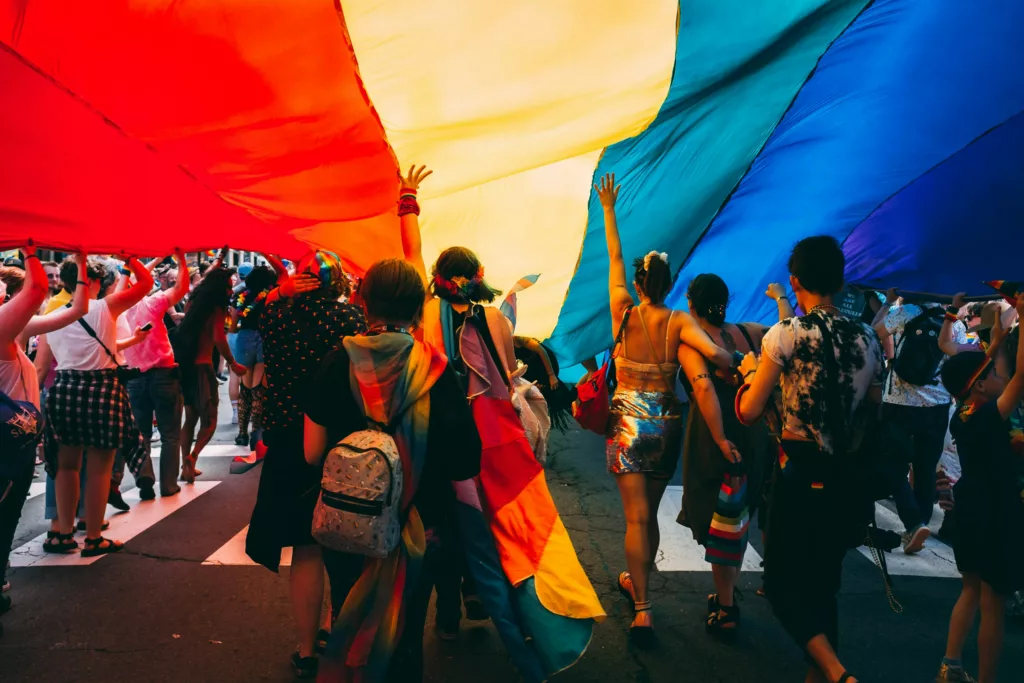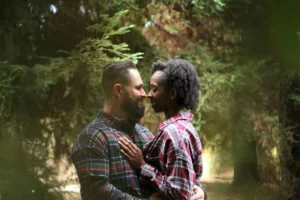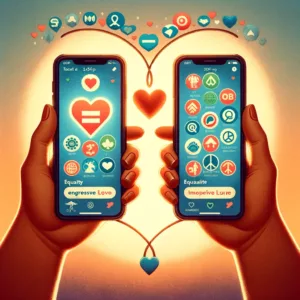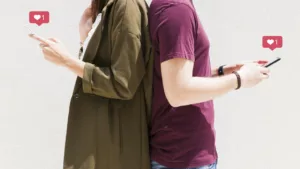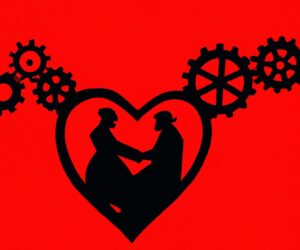June 28th holds profound significance in LGBTQ+ history – it marks the anniversary of the 1969 Stonewall Uprising, when patrons of New York’s Stonewall Inn courageously resisted police harassment and ignited the modern LGBTQ+ rights movement. This wasn’t just a spontaneous outburst of anger, but rather the boiling point of years of systemic oppression and quiet resistance. The events of that hot summer night would reverberate across the nation, transforming the fight for queer liberation from whispered conversations to public demands for equality.The Stonewall Uprising didn’t emerge from a vacuum – it was the culmination of decades of LGBTQ+ activism and smaller-scale resistance. Throughout the 1950s and 60s, queer communities across America had been organizing, protesting, and laying the groundwork for change. What made Stonewall different was its timing – coming at the tail end of the turbulent 1960s, amid the civil rights movement, anti-war protests, and second-wave feminism, the uprising tapped into a broader cultural moment of challenging authority and demanding justice.
Stonewall: A Night That Changed History (But Didn’t Start It)
The brave individuals at Stonewall that night came from all walks of life – drag queens, transgender women, gay men, lesbians, and homeless queer youth, many of them people of color who faced intersecting forms of discrimination. Figures like Marsha P. Johnson and Sylvia Rivera would become iconic symbols of the movement, but they always emphasized that Stonewall was a collective uprising, not the act of any single person. The diversity of the crowd that night reflects the beautiful spectrum of the LGBTQ+ community itself – people from different backgrounds united by their shared oppression and determination to fight back.In the days following June 28, 1969, the protests grew exponentially as word spread through New York’s queer underground. What began as a spontaneous resistance became an organized movement, with activists quickly forming groups like the Gay Liberation Front. These new organizations took inspiration from other social justice movements of the era, employing similar tactics of public demonstrations, consciousness-raising, and political advocacy. The first Pride march, held one year later in 1970, was explicitly framed as a commemoration of Stonewall and a continuation of its rebellious spirit.
Love & Liberation: The Work Continues
The legacy of Stonewall lives on in today’s ongoing struggles for LGBTQ+ equality. While we’ve made tremendous progress since 1969, the fight is far from over. Transgender rights, particularly for trans women of color, represent the new front lines of the movement, with activists drawing direct parallels between today’s battles and those fought at Stonewall. The same intersectional understanding that fueled the original uprising – recognizing how race, class, and gender identity compound discrimination – continues to inform modern LGBTQ+ activism.At Lefty, we understand that progressive dating is inherently political. Finding a partner who shares your values means more than just compatibility – it’s about building relationships rooted in mutual understanding and shared commitment to justice. The courage shown at Stonewall reminds us that love in all its forms is worth protecting and celebrating. Whether you’re queer, trans, non-binary or an ally, Pride Month offers an opportunity to reflect on how far we’ve come while recommitting to the work still ahead.
How to Honor Stonewall Today
There are countless meaningful ways to commemorate Stonewall’s anniversary and keep its spirit alive. Educating yourself and others about LGBTQ+ history remains one of the most powerful tools for change. Seek out documentaries, books, and oral histories that capture the full complexity of the movement beyond the simplified narratives. Support queer artists, writers, and filmmakers whose work preserves and reinterprets this history for new generations.Direct action and community support remain just as crucial today as in 1969. Consider donating to organizations that support vulnerable LGBTQ+ individuals, particularly those focused on homeless queer youth and transgender healthcare access. Attend local Pride events with an awareness of their radical origins, or participate in political actions defending LGBTQ+ rights. Even small acts of solidarity – correcting misinformation, displaying Pride symbols, or simply being visibly supportive – help create safer spaces for queer people in everyday life.
Conclusion: The Fire Still Burns
As we commemorate Stonewall’s anniversary, we’re reminded that Pride began as protest – a defiant stand against oppression that grew into a global movement. The bricks thrown at Stonewall weren’t just acts of anger, but demands for a world where love and identity wouldn’t be criminalized. Today, we honor those rebels best by continuing their work, whether through activism, community building, or simply living our truths openly and unapologetically.At Lefty, we believe finding love and fighting for justice go hand in hand. The connections we make are stronger when rooted in shared values of equality and liberation. This Pride Month, let’s celebrate how far we’ve come while recognizing how much further we have to go. The spirit of Stonewall – that fierce, unyielding demand for dignity and freedom – lives on in all of us who keep pushing for a more just and loving world.
Lefty is the dating app for progressives, feminists, and activists. Together, we’re building a future where everyone can love – and live – freely and authentically.
Don’t forget to follow Lefty on social media!

